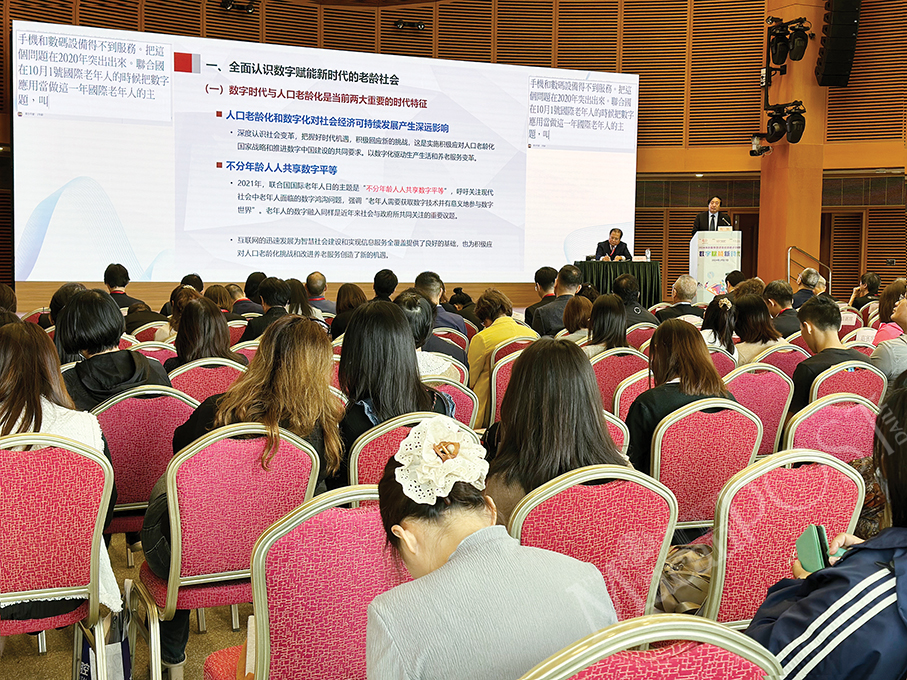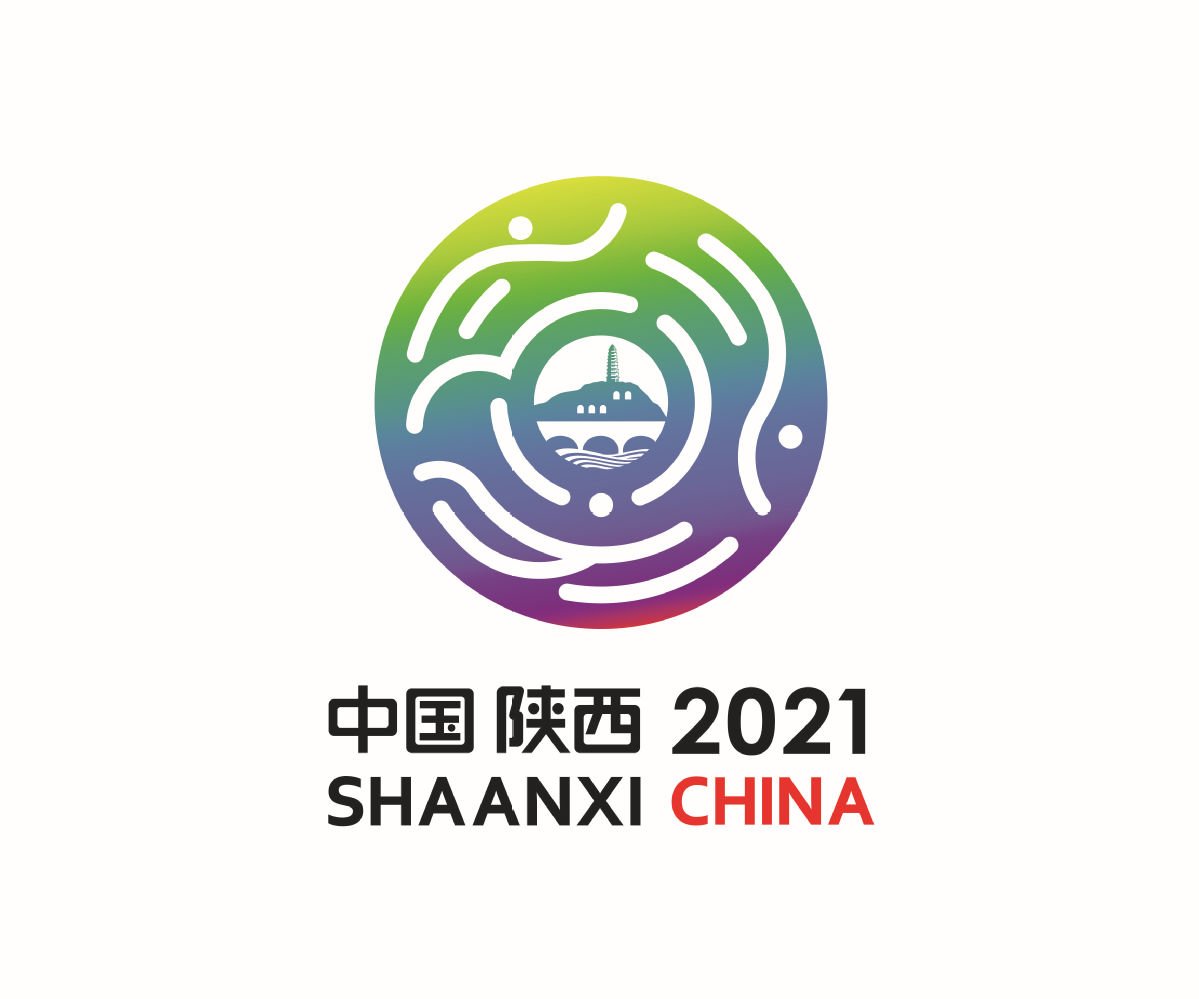The Macau General Union of Neighbourhood Associations (UGAMM) held a seminar yesterday focused on the concept and application of smart elderly care technology with the aim of further promoting the high-quality and sustainable development of elderly care services.
The union is commonly known as Kai Fong in Chinese.
The one-day seminar, which took place at the Macau Science Centre in Nape, gathered scholars and politicians from the mainland, Hong Kong, Macau and Taiwan on nine topics.
Delivering separate speeches during the opening ceremony in the morning, both Kai Fong President Chan Ka Leong and Ministry of Civil Affairs Vice Minister Tang Chengpei pointed out that along with the growing number of the world’s ageing population, the quality of life and needs of the elderly continue to increase and that elderly care services and assistive devices for senior citizens, as well as the extensive use of smart elderly care technology have attracted the attention of civil society as a whole.
According to a report released by the United Nations last year, the number of people aged 65 years or older worldwide is projected to more than double, rising from 761 million in 2021 to 1.6 billion in 2050. The world population currently stands at nearly 8.1 billion.
Speaking to the media on the sidelines of the seminar, Du Peng, director of the Institute of Gerontology at Renmin University of China, said that in the past two years of rapid technological advancement, digital technology, the internet in particular, has become more and more prevalent in senior citizens’ daily lives.
Ageing services technology has been developing in the mainland, Du pointed out, adding that when the elderly are browsing the internet, relevant data will be collected, via which accurate information can be provided to the market under the supervision of government entities, thus to ensure that elderly care policies and services can meet their needs.
“Many senior citizens spread positive images on the internet,” Du said, pointing out that the process was conducive to the promotion of lifelong learning and community participation of the elderly, which Macau should take as reference in terms of service enhancement, policy formulation and diversified market participation.
Due to the fact that some senior citizens may not be familiar with the use of the internet, Du said that community services and help from family members and volunteers also enable seniors to express and have their needs met without using the internet, adding that senior citizens living alone may be prone to loneliness and depression so that internet applications such as Chat GPT could allow them to have more conversations and update themselves with what’s going on in the community.
Bai Xue, who heads The Hong Kong Polytechnic University’s (PolyU) Research Centre for Gerontology and Family Studies, said that while the future of the elderly would require technological collaboration in all aspects of their daily lives, it was also important to balance interpersonal and emotional communication in the process.

Du Peng (right), director of the Institute of Gerontology at Renmin University of China, gives his keynote speech during yesterday’s seminar regarding smart elderly care technology, at the Macau Science Centre in Nape.
– Photo: Yuki Lei







